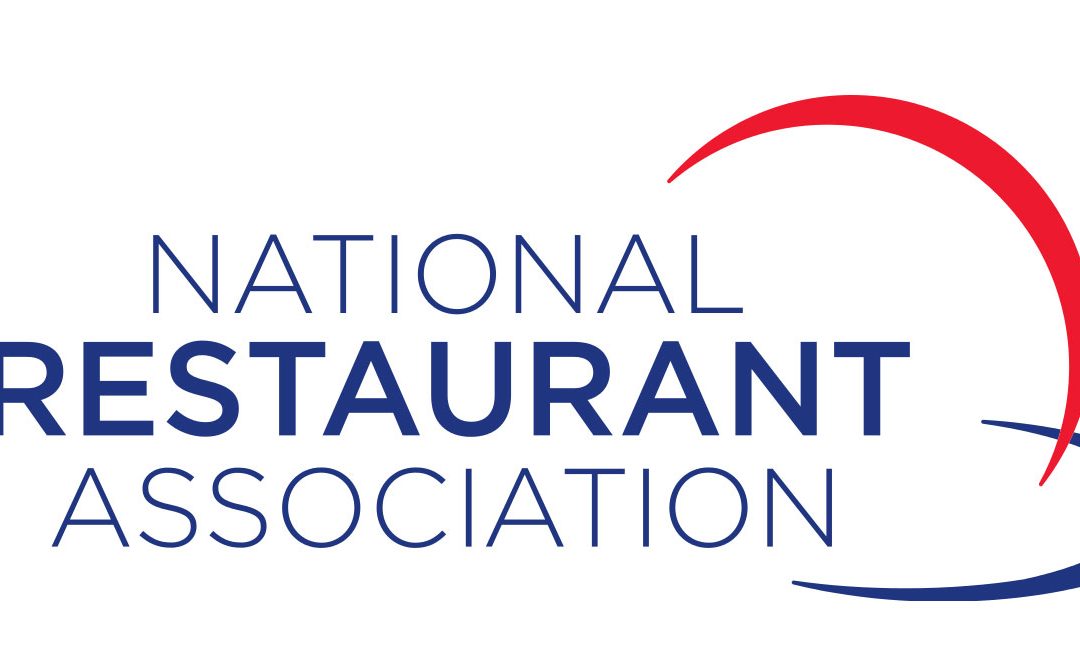The National Restaurant Association (NRA) and a group of third-party delivery providers came together on seven principles when it comes to public policy.
While restaurants and third-party delivery have some natural tension in the relationship, they could agree on seven key things that would help both sides of the industry. Like so many things, the process of coming together was accelerated by the pandemic.
“Even before the pandemic, delivery—and decisions related to delivery—had major impacts on restaurant operations,” said Mike Whatley, vice president for state and local affairs at the NRA. “Until now, the relationship between restaurants and third-party delivery companies lacked a national framework to protect restaurants. These new principles, which center around permission and transparency, add consistency and structure that will benefit all restaurants.”
The association, DoorDash, Uber Eats and Grubhub all came together on the following seven principles:
- Restaurants have a right to know and determine when and if their food is delivered.
- Customers should expect the same degree of food safety from delivery as they do when dining in a restaurant.
- Restaurants should be able to offer alcohol to customers through third-party delivery in a safe and legal manner.
- Restaurants deserve transparency on fees (including commissions, delivery fees, and promotional fees) charged by third-party delivery companies.
- Third-party food delivery contracts need contractual transparency, and issues surrounding fees, costs, terms, policies, marketing practices involving the restaurant or its likeness, and insurance/indemnity should be clear.
- Sales tax collection responsibility must be clear in terms of which party is collecting and remitting the specific sales tax to the appropriate authority.
- As a best practice, third-party delivery companies should offer restaurants access to anonymized information regarding orders from their restaurant that originate on third-party platforms.
For restaurant owners, these principles clearly speak to some of the big confusion points when it comes to managing a third-party delivery relationship. While there’s no timeline to turning the principles into actual business or contract changes, the third-party operators all said hashing them out would lessen the tension between restaurants and platform operators. And delivering liquor, well that’s great for everyone.
“We are grateful for the opportunity to have partnered with the National Restaurant Association in developing these principles, which will help platforms like DoorDash continue to empower restaurants to reach new customers and grow their revenue.”
–Max Rettig, global head of public policy at DoorDash
“These principles will help strengthen the critical relationship between the diners, drivers and restaurants that has grown even more important during the pandemic.”
–Seth Priebatsch, chief revenue officer at Grubhub
“We’ve recently made commitments to listening to and learning from merchants and have worked together to support the National Restaurant Association’s development of these new principles that are designed to address the most pressing interests of the industry.”
–Stephane Ficaja, head of Uber Delivery for the U.S. & Canada
Check out a summary of the principles and a little more detail from the NRA.


